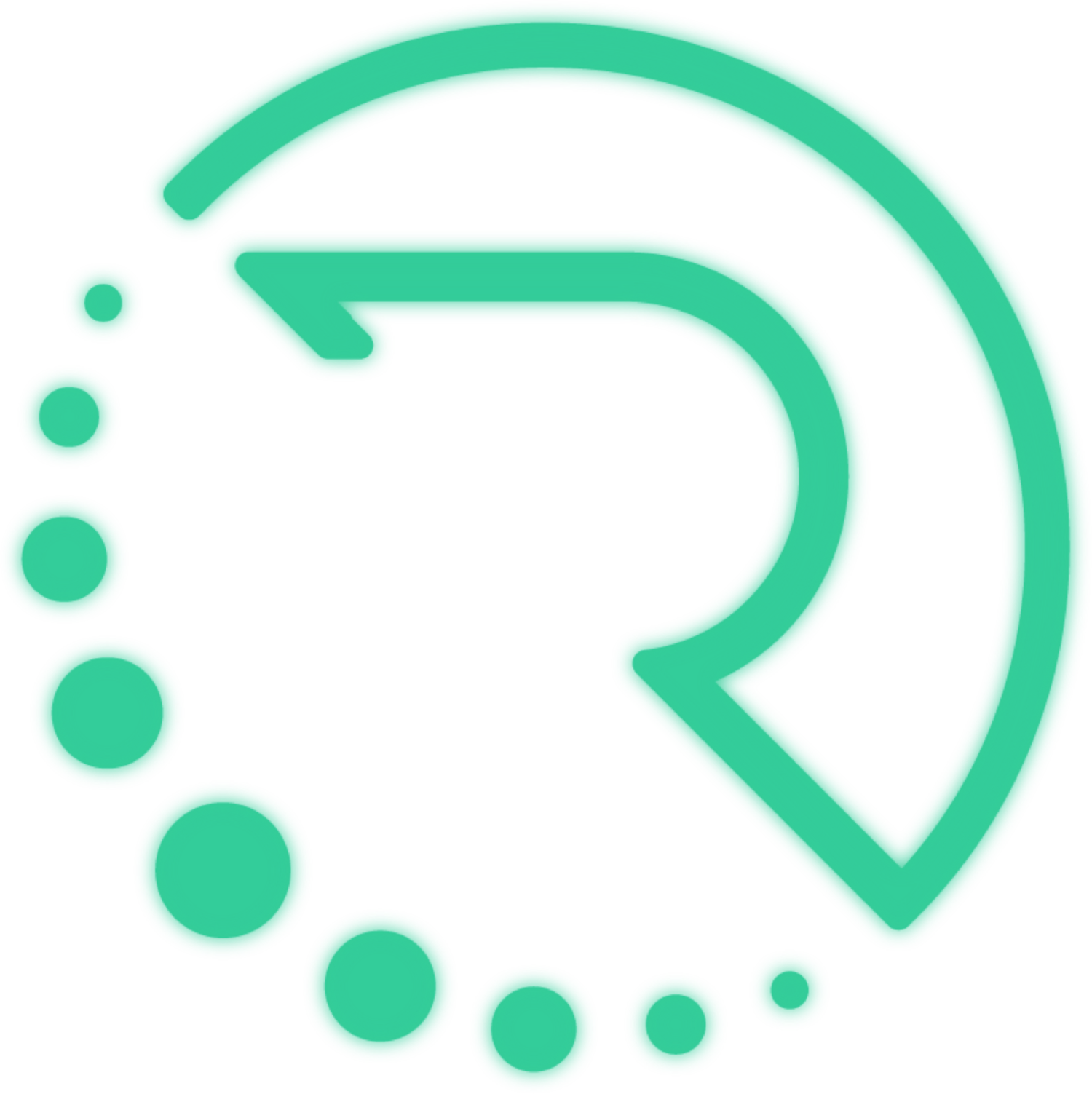Woken up with a stiff neck?
What is Wry Neck?
Have you ever woken up one morning and your neck is sore and feels like it is stuck in one position?
You could be suffering from a common condition called acute wry neck. Wry neck, also known as Torticollis, typically affects people between 12-30 years old and can be debilitating as the smallest of neck movements could be very painful.
What are the symptoms?
- Sudden onset of pain: located in the middle or side of the neck that is affected. Pain is felt on one side of the neck and does not extend below the shoulders
- Limited range of movement: the neck is often held in forward flexion and rotated (twisted) position. The side at which the head is rotated towards is often away from the side of pain
- Muscle spams: can be present in the surrounding neck muscles, of which include: levator scapula, sternocleidomastoid and scalene muscles. Due to the neck joint irritation the neck muscles tighten up as a protective response.
What Causes Wry Neck?
The cause is not fully understood, however it is thought to be the result of:
- a minor neck injury (getting a fright where the neck suddenly tensed up)
- Sports injury
- Poor posture
- Squeezing a phone between your ear and shoulder
- Looking down at your phone/laptop for extended periods of time
- sleeping in an awkward position
- sleeping on uncomfortable pillows
Two theories are outlined below:
1. What are the joints that become irritated?
Our necks are comprised of the vertebrae (bone), discs and joints. The joints are called facet joints and they are covered in a special layer of cartilage which allow them to slide and glide smoothly. When these joints are injured or become irritated they are thought to become jammed/ locked which produces the stiffness and pain. As a consequence the muscles go into spasm to protect the neck which results in the reduced range of movement.
2. The intervertebral discs can also be a cause of wry neck, however this pain is more likely to be a gradual onset rather than a sudden onset. These discs are susceptible to bulging or even tearing when they are subject to stress. This causes inflammation and swelling which puts pressure on the surrounding structures and nerves within the neck. Due to the abundance of nerves in the spine, movements are very painful and limited by pain instead of the joints (theory 1).
Symptoms are not only felt in the neck but people can also experience pins/needles, numbness down the arm.
What is the treatment for Wry neck?
Acute Wry neck is usually a short term condition which can resolve in a few days however residual symptoms can last for up to 6 weeks. Treatments could include:
• Mobilisations (gentle)
• Dry needling
• NSAIDs (eg ibuprofen)
• Massage therapy
• Heat therapy
• Home Exercise Programme which includes gentle stretches and neck strengthening exercises
The team a Refine Health can help you with your neck pain. Please click the book now button below for an appointment.
References
• Brukner, P. & Khan,. K (2007). Clinical Sports Medicine (3rd ed,) McGraw-Hill, Sydney.
• Wry Neck (2015, August 4). Jan 22, 2017, from http://physioworks.com.au/injuries-conditions-1/acute-wry-neck
• Councell, C., Sinclair, H., Fowlie, J., Tyrrell, E., Derry, N., Meager, P., Grosset, D. (2016) A randomised trial of specialised verses standard neck physiotherapy in cervical dystonia. Parkinsonism & related disorder., 23, 72-9.


